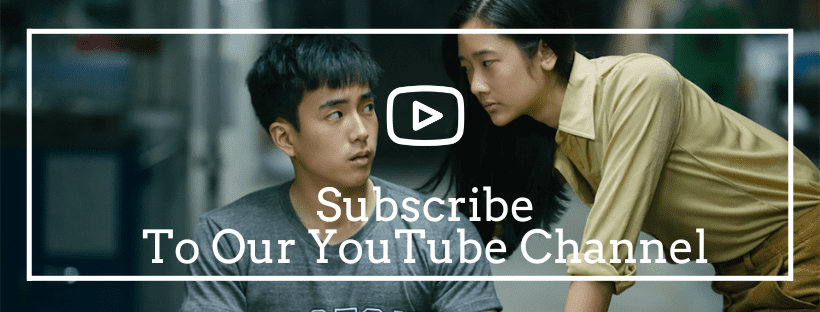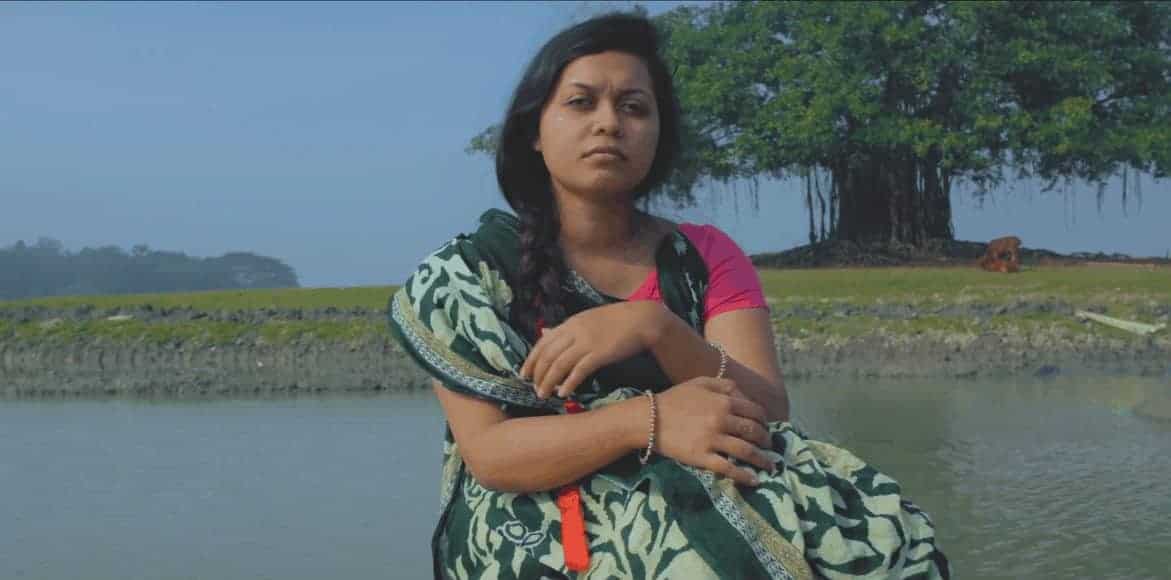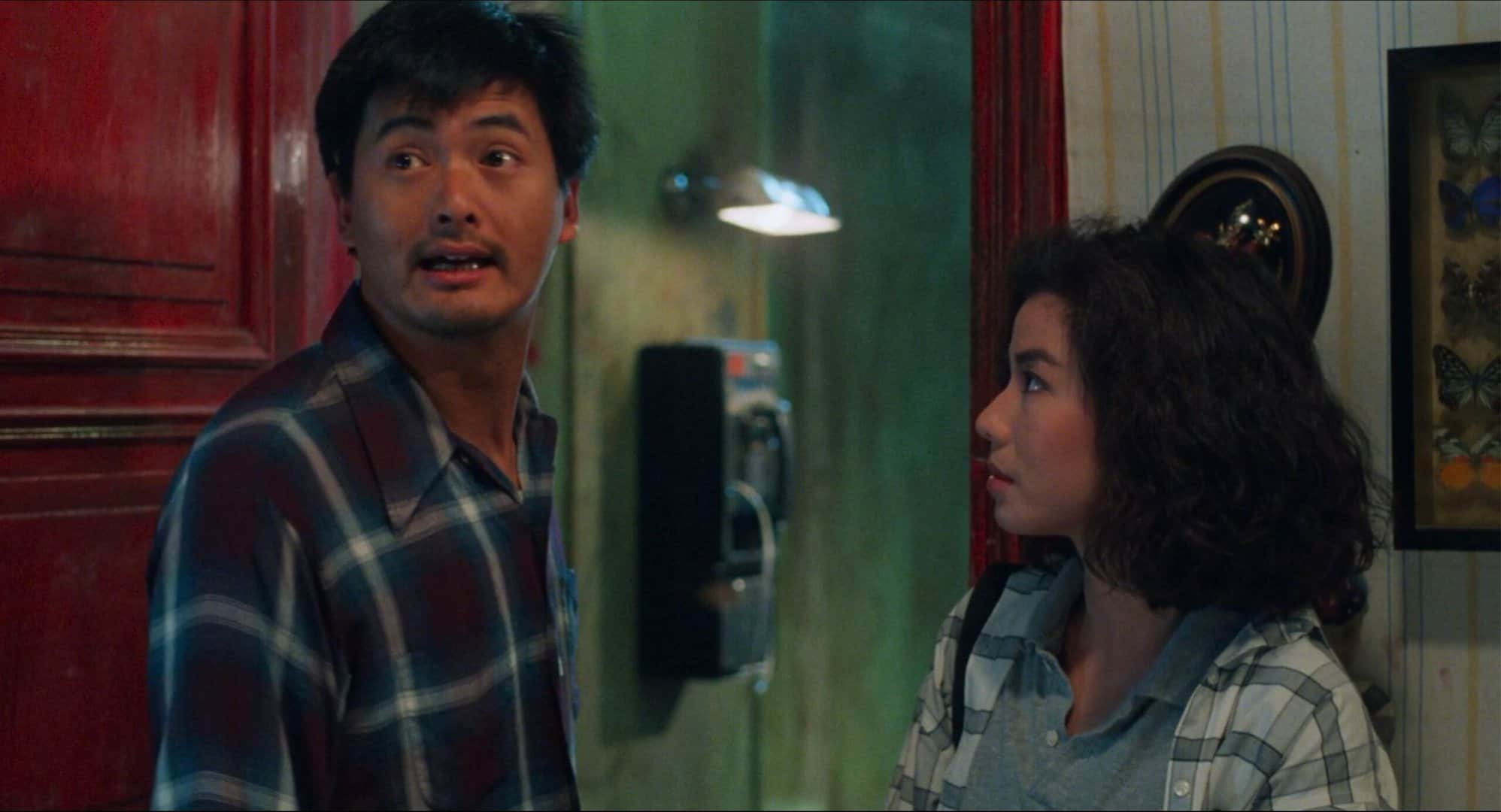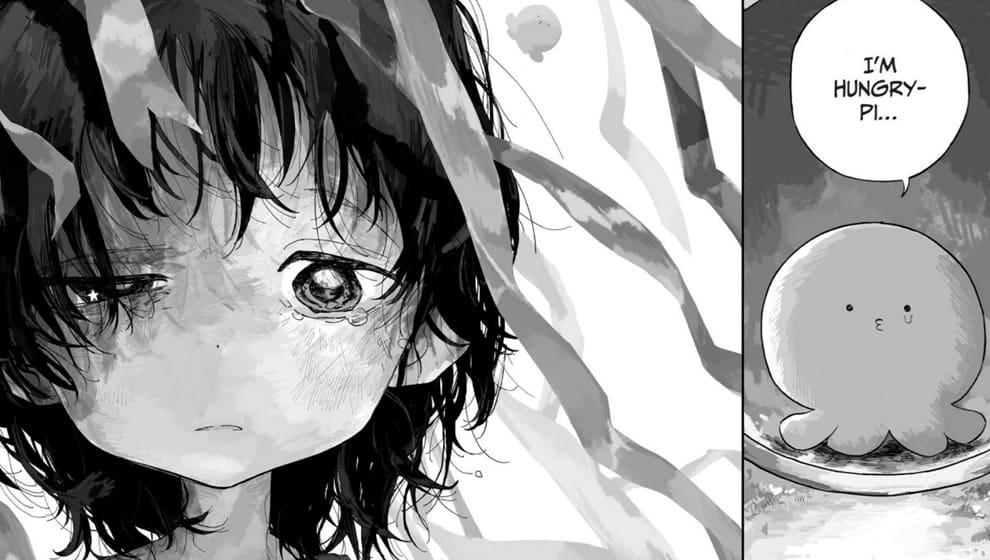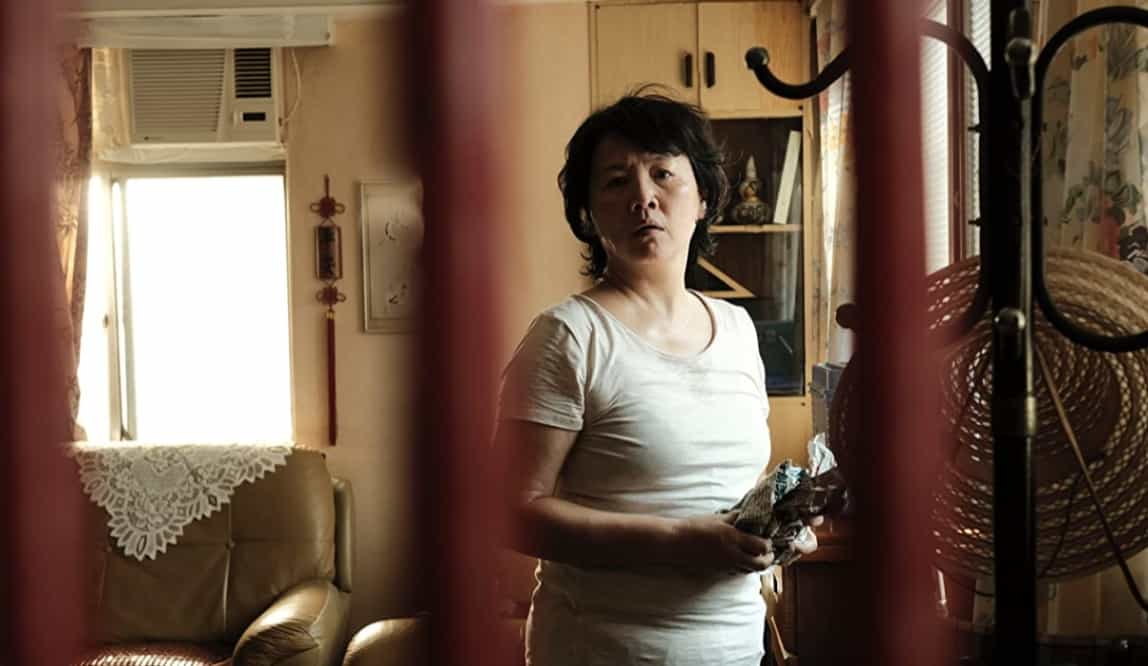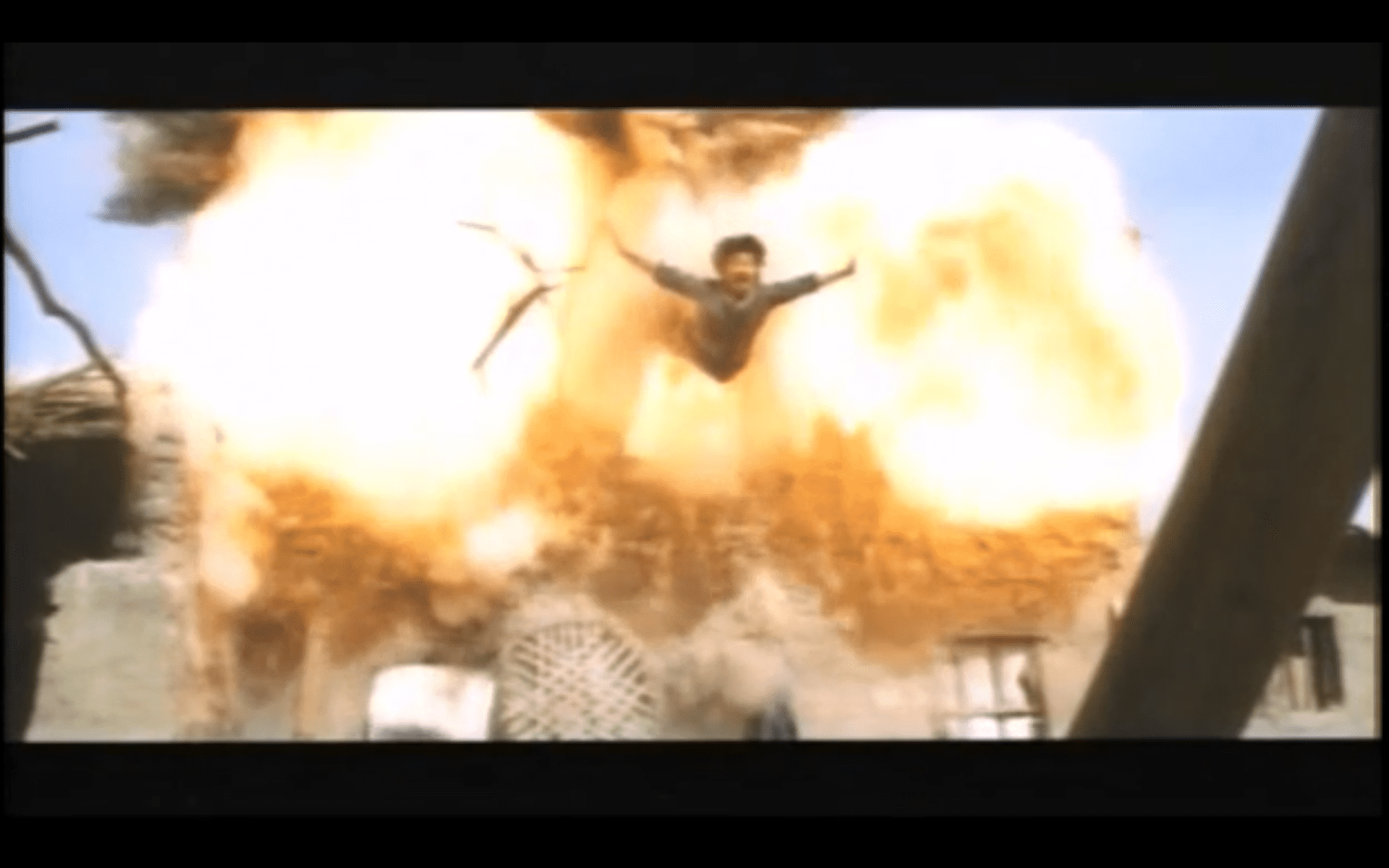When all of a sudden an illness or a disaster strikes a family, something else, besides the obvious, comes into question. A unit, which we perceived not only as wholesome, but also as secure and lasting, seems frail and about to give up under the immense nature of the events, making us feel helpless sometimes as we can only observe the consequences unfolding in front of our eyes. Many directors have decided to do what they do best, to use the camera and their skills as filmmakers to document what is happening, as a piece of memory on the one hand and a way to come to terms, perhaps even overcome this sense of being a passive observer. When her father became a paraplegic, Lebanese director Corine Shaw decided to go in that direction, in an attempt to follow a difficult phase in her family's biography and to “explore the human condition and the power of faith”, as she states in her director's statement to “Perhaps What I Fear Does Not Exist”.
Perhaps What I Fear Does Not Exist is screening at Arab Film Festival
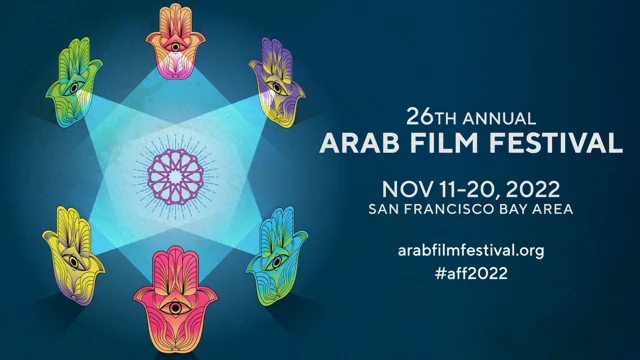
It is precisely this human angle, the perspective of the relative, which dominates one aspect of “Perhaps What I Fear Does Not Exist”. Aside from her father and those around him dealing with the repercussions of the event, the progression from lying in bed to making first, tentative steps outside the hospital room, to the long intervals of simply waiting for some news from the doctors and nurses to make some sense out of the event and have some hope for the future. Especially her mother seems to be the focus of Shawi's camera, considering her faith is what keeps her going and believing there might be some light at the end of the tunnel, so to speak, with the viewer seemingly following her train of thought that shifts between disbelief and admiration for her mother.
Besides the perspective of the family, which unites various discussions with friends and relatives, and which even attempts to see what has happened to her father within the framework of a larger, historical picture it seems, there is also the metaphorical. The second layer to “Perhaps What I fear Does Not Exist” points at the director's own attempt of making sense, of gaining some hope and perhaps insight, accompanied by the recurring image of her (?) peeling of dried bark from a tree. In combination of the aforementioned perspective of the relatives and the observer, this is perhaps the most relatable image, not only in terms of what Shawi wants to achieve as a filmmaker, but also with regard to her uncovering a hidden truth about the event, as someone who is emotionally involved.
In the end, “Perhaps What I Fear Does Not Exist” is a documentary about the process of coming to terms with one's own helplessness in the face of a painful event. Director Corine Shawi has made a sometimes very engaging and at times very moving feature about the perspective of herself and the rest of her family when tragedy strikes.



